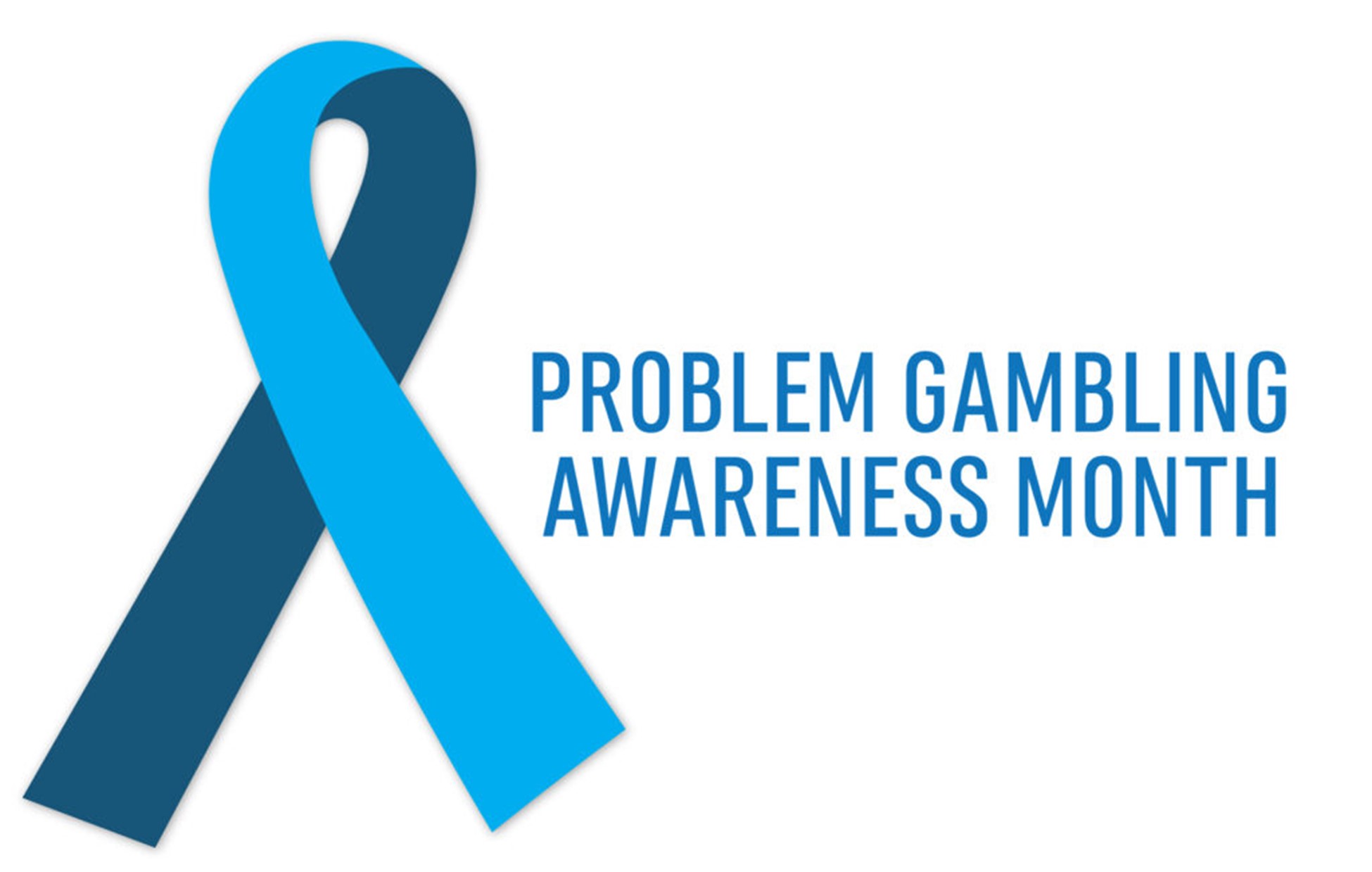Home > News > From Claw Machines to Video Gaming to Sports Betting, Is It Possible to Eliminate Gambling Activities From Youth?
What youth does not love a trip to the arcade? Is this the first introduction to youth to gambling behavior? Claw machines and other popular games meet the definition of gambling. A claw machine:
Gambling is the staking or risking of something of value upon the outcome of a contest, a sporting event, or a game subject to chance, upon an agreement or understanding that something of value will be received in the event of a particular outcome (Legal Information Institute, 2023) What youth has not gambled? This question was posed to high school students at a recent presentation on problem gambling. Of all the three classes asked, not one student could think of a way to avoid gambling altogether. There are many gambling activities, raffles, and informal “I bet you a dollar that I can eat that hot red pepper.” It is often not done with a thought as it is ingrained in our culture.
It may be impossible to eliminate gambling for youth. Still, we can try to decrease gambling activities as much as possible for the youth population and educate them on the risks of gambling. Research shows the earlier a person starts gambling, the more likely they are to develop a gambling problem (NCPG, 2023). The first step is to educate youth on the minimum age for participating in legal gambling activities such as lottery, casino gambling, and sports betting. This is an opportunity to open the discussion as to why gambling is risky for young people.
Similarly to substance misuse, gambling addiction is more likely to occur in younger populations due to the brain not being fully developed until age 25 (Arain, M. et al., 2013). Risk factors for problem gambling in younger populations include: having a parent with a gambling problem, the early first age of gambling, increased impulsivity, and having substance misuse or mental health disorders (Wiber M. et al., 2006). Like adults, gambling can be used as a negative coping strategy for stress and mental health problems. Did the mental health problem occur, and gambling was used to cope, or did gambling start first, leading to increased anxiety and/or depression?
Then add to the mix the popularity of video gaming. Video games may contain loot boxes that are like virtual gambling. Money or virtual currency can be used to purchase a mystery box with an uncertain outcome. Youth and parents are often unaware that these features exist in video games. Video games are rated by the Entertainment Software Rating Board (ESRB). Games rated “M” for Mature or “A” for adults are more likely to contain gambling features within the game. Any game purchased that contains gambling features should include a warning label, “Warning: In-Game Purchases includes random items”(ESRB, 2023).
Finally, our youth are now exposed to sports betting at a young age. Youth are exposed to ads for sports betting that contain enticing incentives to participate. Sports betting is now legal in 32 States, including all the States and DC in Region 3, expanding quickly, all within the last few years (American Gaming Association, 2023)
Sports betting is easily accessible in many states through a mobile platform. Bets can be placed continuously throughout games, which increases the excitement and may lead to more spending. Even though there is a minimum age to bet, it still needs to be discovered how well age verification software will work to prevent youth from accessing sports betting.
With all this going on, it goes back to conversations and education on the topic. Parents or those who work with youth can have conversations about the risk of gambling at a young age. Education on gambling can be included with mental health and substance use disorders in health classes or other educational programs. Two evidence-based programs for youth include Maryland Smart Choices (Parham, BR et al., 2019) and Stacked Deck (Williams, R, and Wood, R, 2022).
More research needs to be done on the impact of gambling expansion on our youth. When educating youth on the risks of gambling, discuss the possible adverse outcomes:
How will it affect youth mental health?
March is Problem Gambling Awareness Month. Utilize this month to discuss the risks of gambling with the youth in your family or those you serve.
Sources:
Adolescent Gambling, Psychiatry, 2006 Oct https://www.ncbi.nlm.nih.gov/pmc/articles/PMC2945873/
American Gaming Association https://www.americangaming.org/
Definition of Gambling, Cornell Law School. 31 U.S. Code 5362, www.law.cornell.edu
Enhancing the Relevance and Effectiveness of a Youth Gambling Prevention Program for Urban, Minority Youth: A Pilot Study of Maryland Smart Choices. Parham, BR., Robertson, C., Lever, N., Hoover, S., Palmer, T., Lee, P., Willis, K., Prout, J. J Gambl Stud. 2019 Dec; 35(4):1269 doi 10.1007/310899-018-9802-y.PMID 30251081
Entertainment Software Rating Board (ESRB) https://www.esrb.org/
Maturation of the Adolescent Brain, 2013, Arain, M. https://www.ncbi.nlm.nih.gov/pmc/articles/PMC3621648/#:~:text=The%20development%20and%20maturation%20of%20the%20prefrontal%20cortex%20occurs%20primarily,helps%20accomplish%20executive%20brain%20functions.
National Council on Problem Gambling, Gift Responsibly Campaign, 2022. https://www.ncpgambling.org/programs-resources/gift-responsibly-campaign/
Stacked Deck Second Edition. A Program to Prevent Problem Gambling. Williams, R. and Wood, R., 2022. Hazelden https://www.hazelden.org/store/item/557330?Stacked-Deck-Second-Edition#:~:text=to%20facilitate%20lessons.-,Stacked%20Deck%20is%20an%20evidence%2Dbased%20curriculum%20for%20the%20prevention,of%20developing%20gambling%2Drelated%20problems.
